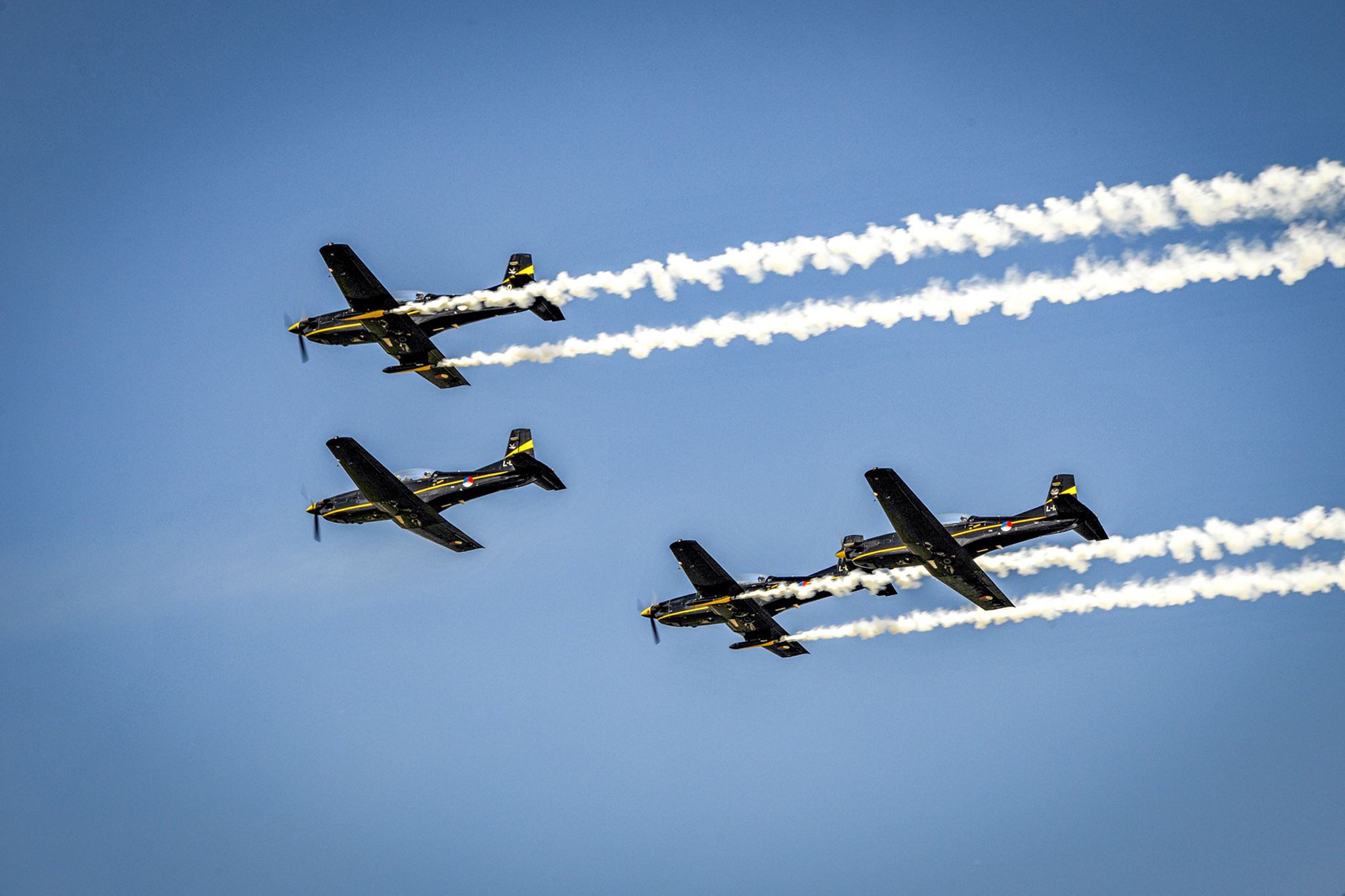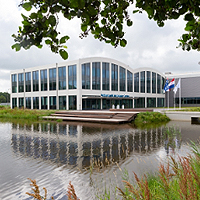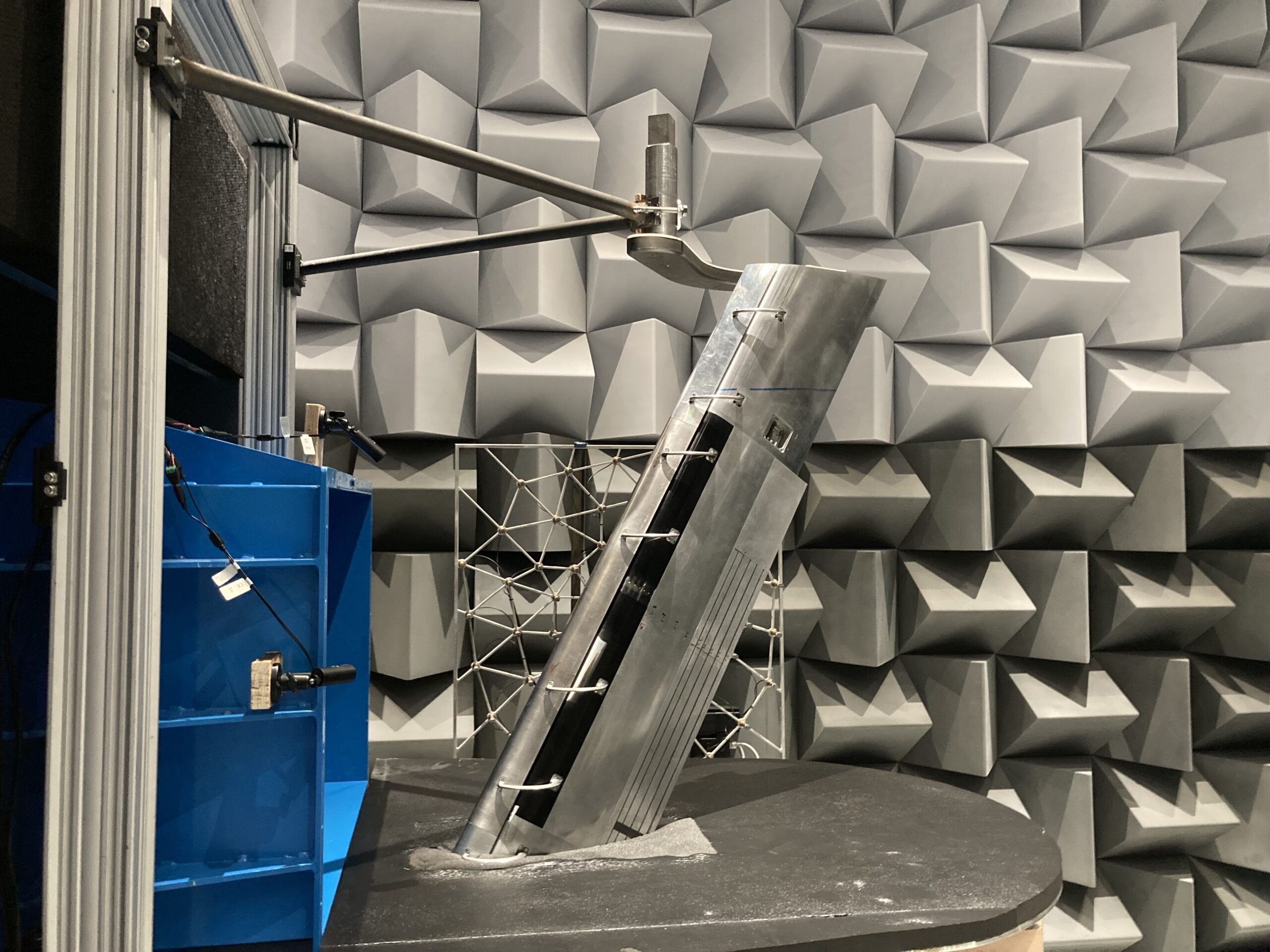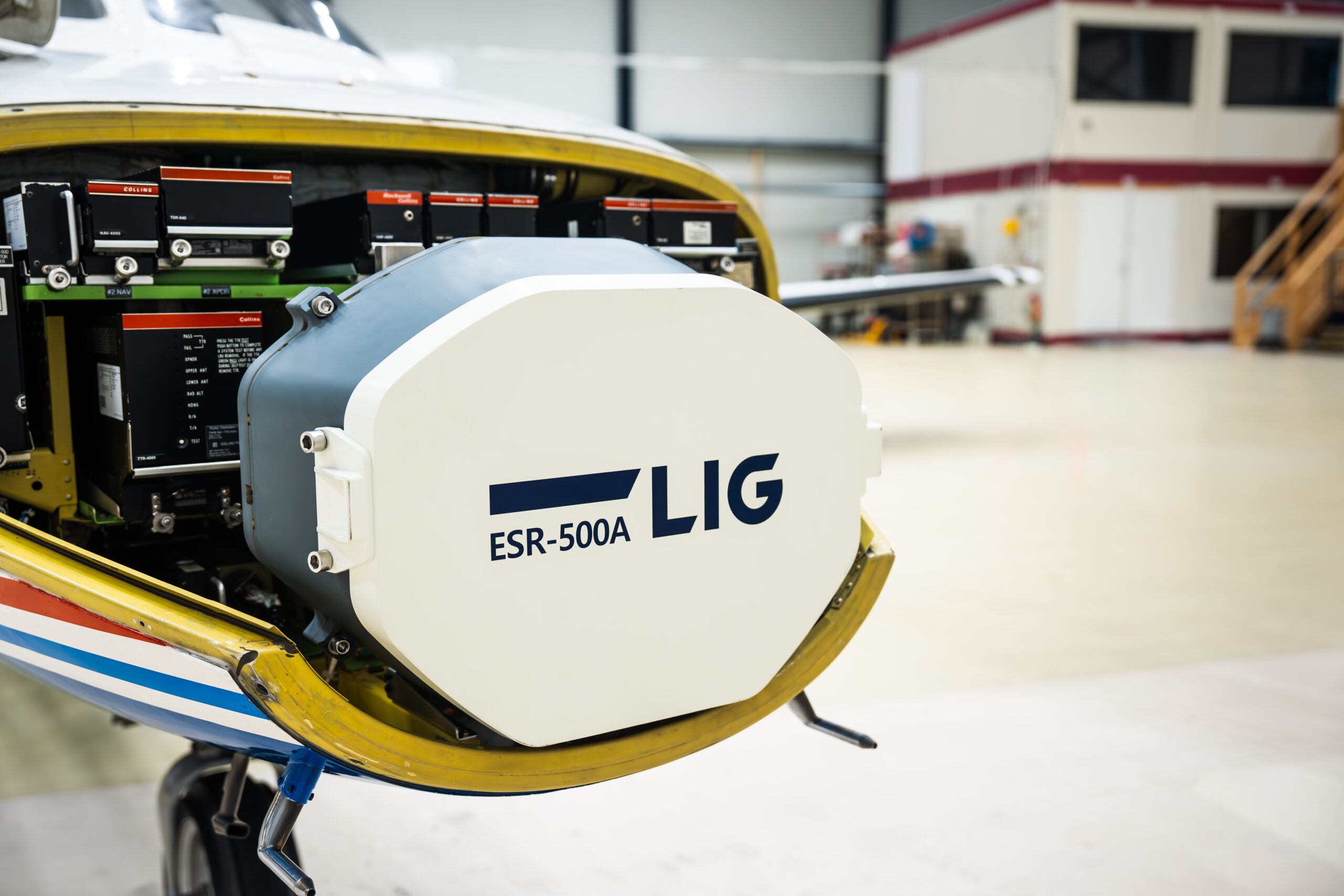The challenge
The PC-7 training aircraft of the Royal Netherlands Air Force (RNLAF) needs to be replaced. A Training Needs Analysis (TNA) and Training Media Analysis (TMA) were therefore done, aiming to provide a solution for the replacement of the entire initial training capacity. This training capacity needs to be flexible and scalable to meet the changing training needs in the future. As a result, the following questions should be answered clearly:
- What is the end goal of the training?
- What is the desired training concept?
- What are the most suitable training media?
The solution
To answer these questions, NLR uses an approach called the Comprehensive Analysis Process for Aircraft Blended Learning Environments (CAPABLE). CAPABLE is a structured approach to an integrated training solution. This approach is complemented with a TMA aimed at maintaining flexibility in the long term. The TMA takes current and possible future technological developments in the field of training into account in order to arrive at an optimum training medium or an optimum blend of training media.
What did we do?
NLR, in cooperation with the RNLAF and DMO (the Dutch Defence Materiel Organisation) has performed a TNA that served as input for a training design blueprint. Subsequently, the blueprint has been used in a future-proof Training Media Analysis based on user and functional requirements for training media. The RNLAF instructors then develop the actual training design using the blueprint and TMA as reference documents.
Finally, the results of the TMA can be utilised by the RNLAF for Requests for Information (RfI) from Original Equipment Manufacturers (OEMs) for training resources, which will be carried out by the DMO.
Project partners:
Client: Royal Netherlands Air Force,
Dutch Defence Materiel Organisation
Research organisation: Royal NLR
Duration: February – May 2021




